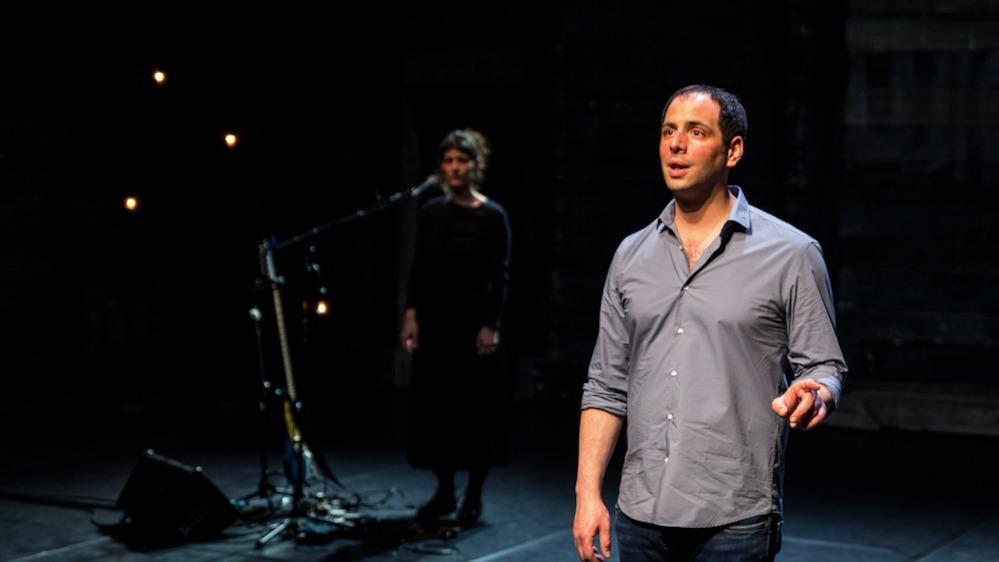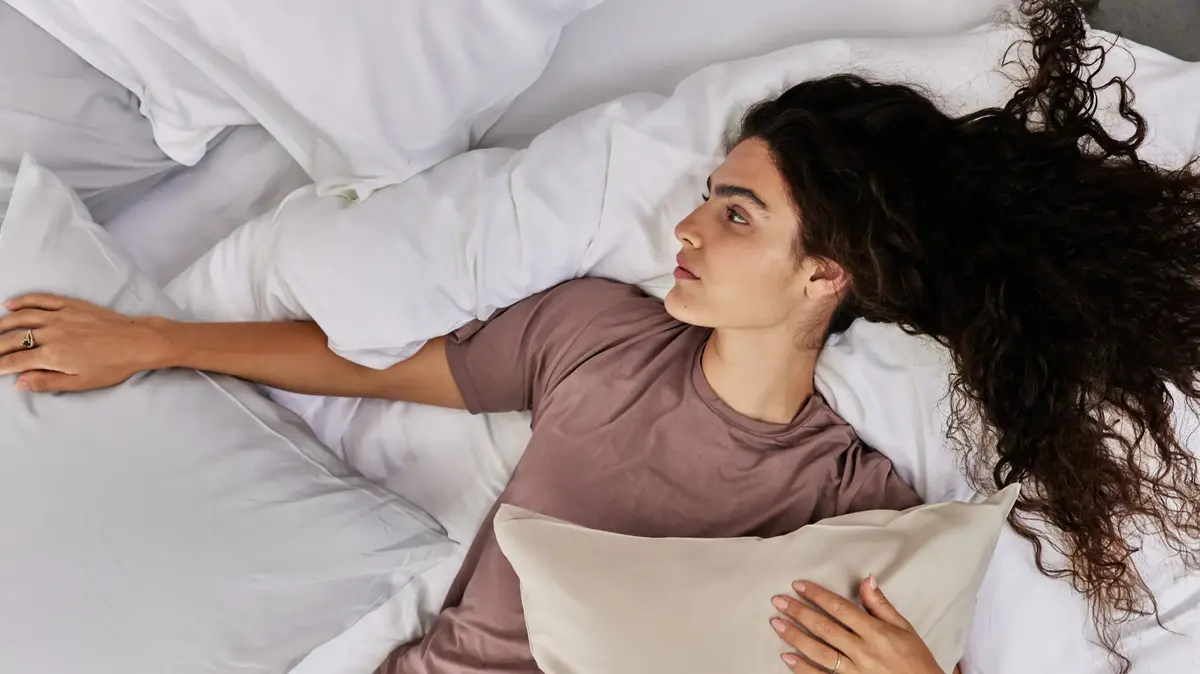While others sleep soundly, sleepwalkers often rise to their peak, albeit involuntarily. They go for a walk, drive a car, eat, clean, cook and some even become violent - without being aware of it.
Around four percent of all adults are estimated to be affected by scientists, in children over the age of 10, it is even more than 13 percent. A dangerous phenomenon. "The proverbial sleepwalking safety does not exist," warns Alfred Wiater of the German Society for Sleep Research and Sleep Medicine (DGSM). Sleepwalkers often generate headlines.
"Sleepwalking tourist triggers police action," it was said around 18 January. A newspaper carrier had discovered in the morning at 3 o'clock in Oberstdorf in the Allgäu a completely frozen Irishman who had locked himself out of his holiday home. In Bremen in the morning of July morning a woman found a stranger in her house, barefoot and in boxer shorts. A young man had run into her, said the 79-year-old police. The 25-year-old could only remember that he had watched a movie with his father in the evening.
Harmless are such messages compared to the experience of the British adventurer David Hempleman-Adams. In the early summer of 2000, he traveled alone in a balloon over the Arctic Ocean, as he wanted to leave the basket in his sleep, 1300 meters above the Arctic. His luck: he was strapped in with a safety belt.
Sleep especially when sleeping
As a rule, sleepwalking begins at the transition from the first deep sleep to the first dream sleep phase, about one to one and a half hours after falling asleep. A simple stimulus such as a full bladder or a sound may then be enough to cause the awakening disorder. During sleepwalking, only certain parts of the brain are activated, the rest remains in deep sleep.
The affected persons act automatically, the control by the consciousness is missing completely. For this reason, they can not remember what happened next morning. "It is interesting that this person sleeps much deeper than they would otherwise sleep in deep sleep," explains the psychologist Mitja Seibold. That is why it is particularly difficult to wake a sleepwalking person.
Stress and sleep disorders are among the possible causes of the disorder, sometimes the tendency is inherited. Alcohol or some sleeping pills can increase the risk as they alter deep sleep.
Also a question of brain maturation
The fact that children are affected more often is due to the fact that brain maturation is not yet complete. Sleepwalking often disappears after puberty. If sleepwalking sets in only after the age of 16, then those affected should clarify possible organic or psychological causes with the doctor.
How can you treat classic sleepwalking?
What you can do
Consistent adherence to regular sleep times to prevent lack of sleep because it changes the deep sleep.
Avoid alcohol because it raises the wake-up threshold and changes deep sleep.
Progressive muscle relaxation, meditation or autogenic training.
Psychotherapy or cognitive behavioral therapy when psychological stress is the trigger.
Autosuggestion: In the relaxed state, one's own behavior should be reprogrammed. Those affected say the following sentence inwardly and imagine the action: "Whenever my feet touch the ground, I immediately go back to bed."
The Time Trick: Sleepwalkers can set their alarm clock to wake up before the end of the first deep sleep phase and just before the usual sleepwalking. Thus, getting up and sleepwalking can often be prevented. Due to the interruption, however, recovery in sleep is usually impaired.
drugs
One therapeutic approach is to reduce the duration of deep sleep, thus preventing or reducing sleepwalking. Certain benzodiazepines , which are often used as sleep or sedatives. Since a habituation effect sets in quickly, they should be taken for a maximum of 14 days, better shorter. Even sleep-inducing and soothing antidepressants are used in drug therapy. It is absolutely necessary to be accompanied by a doctor , as the remedies can also have a paradoxical and stimulating effect.
Therapies for children
"In children, no therapeutic measures are usually necessary," says sleep researcher and pediatrician Alfred Wiater. However, if sleepwalking is a response to mental stress, they need to learn to cope better. "It is important, for example through autogenic training, to develop the thickest possible coat against mental pressure," says psychologist Hans-Günter Weeß. "Then the number of sleepwalking episodes drops."
Kilian is also one of the sleepwalkers. Once he stood in the garden on a full moon night, says the 14-year-old. His parents were awakened by the clatter of the patio door, brought the then four-year-old back into the house. Since then they lock everything.
"In children and adolescents sleepwalking is usually considered a transient developmental phenomenon," says sleep doctor Wiater. "Worrying should be the fact that during sleepwalking, pain sensitivity is reduced and self-injury can occur." This also applies to adults.
For sleepwalkers, house and balcony doors should therefore be locked and keys hidden, windows blocked by fuses, and fragile items removed from the sleeping area.
Do not wake up
Wiater also advises not to wake sleepwalkers because they can react aggressively. Instead, you should act calming on the person concerned and lead him back to bed. Psychological help should be considered only in very pronounced cases.
Even Kilian's nights have calmed down. Nevertheless, he finds himself sometimes in the morning in unusual places, such as on the floor in front of the window or under the desk. "I notice that I wake up somewhere else when I fell asleep and then I'm a bit surprised," he says. He takes his predisposition with humor, as well as the fact that he likes to laugh and talk in his sleep.





/cloudfront-eu-central-1.images.arcpublishing.com/prisa/7GBYEZIDTZEK7NLSBDHWXQXBFY.jpg)









